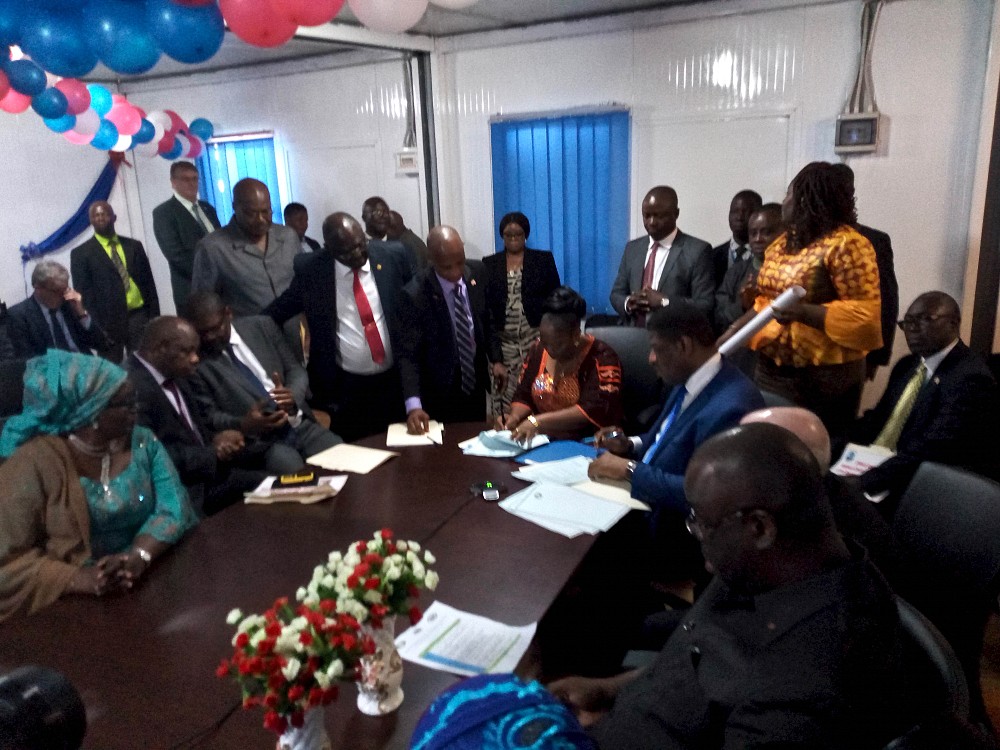ECOWAS with Five National Centers for the Coordination of Early Warning and Response Mechanism
The purpose of establishing national early warning and response centers is to improve early warning capacity of ECOWAS and its member states, which allows them to proactively identify emerging crises and improve their response mechanisms once a crisis begins. With national centers, ECOWAS member states can share information, implement conflict prevention, and manage crises, while protecting human security at the regional and national level.
Over the past few months, five West-African states are opening their National Centers for the Coordination of Early Warning and Response Mechanism. The early warning and response programme addresses human security threats that ECOWAS member states face on following areas: crime, security, governance, health and environment.
Establishment of the national centers is conducted by the Economic Community of West African States (ECOWAS) and simultaneously coordinated with ITF Enhancing Human Security (ITF) through financial support of the U.S. State Department. Mali was the first state to establish the center, which has been operational since October 2017. The national center in Liberia has been functioning since November 2017, but its official opening was postponed to 6 February 2018 due to the ongoing presidential elections. Two days later, Burkina Faso joined Mali and Liberia, as they established their own national center on 8 February 2018. Based on the ongoing trend, it is anticipated that Ivory Coast and Guinea-Bissau will join the three countries and open their national centers by the end of February 2018. It is projected that between 2018 and 2019, the remaining 10 ECOWAS member states will establish and launch their national centers.

